On the 10th of December 2021 “Maria”, the first Dalmatian pelican with a satellite transmitter in Bulgaria, has died. The cause of death was a collision with the overhead powerline.
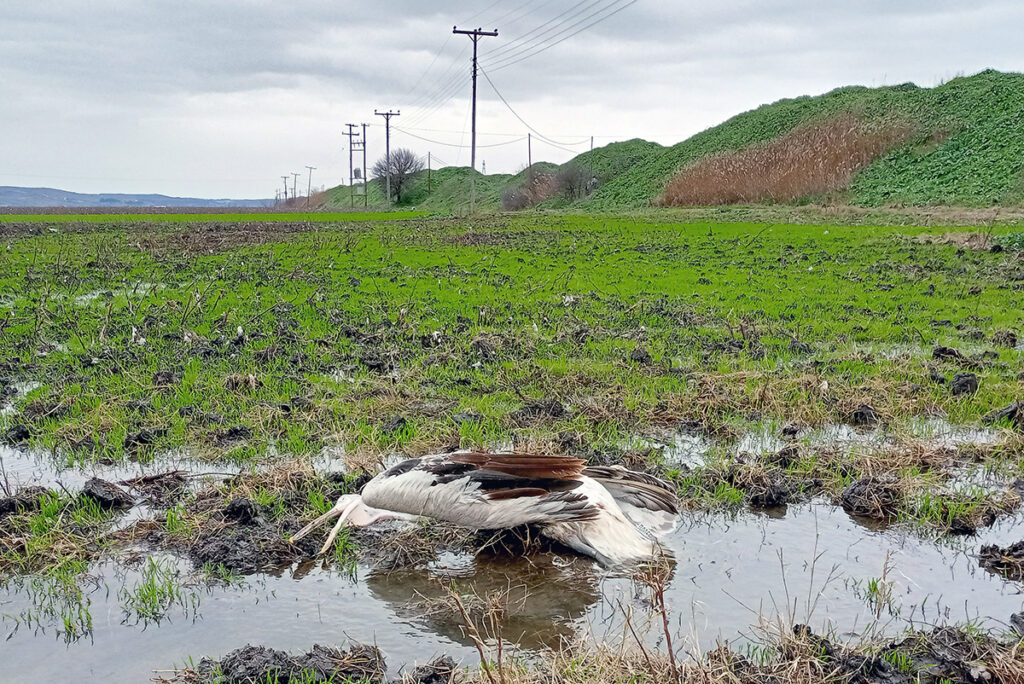
The bird has died in Greece, near the village of Sitaria, approximately 60 km to the north of Thessaloniki. Thanks to the data of the transmitter, its body was found under the powerline by a team member of the Hellenic Ornithological Society. Three more dead pelicans were found within a 1 km radius – the cause of their death was also a collision with the overhead powerline. 50 pelicans have been determined to fly over the region.
Maria was ringed and tagged by the Bulgarian Society for the Protection of Birds (BSPB) team on the 22nd of February 2021 near Atanasovsko Lake in the Burgas area. She was the first Dalmatian pelican tagged with a satellite transmitter in Bulgaria.
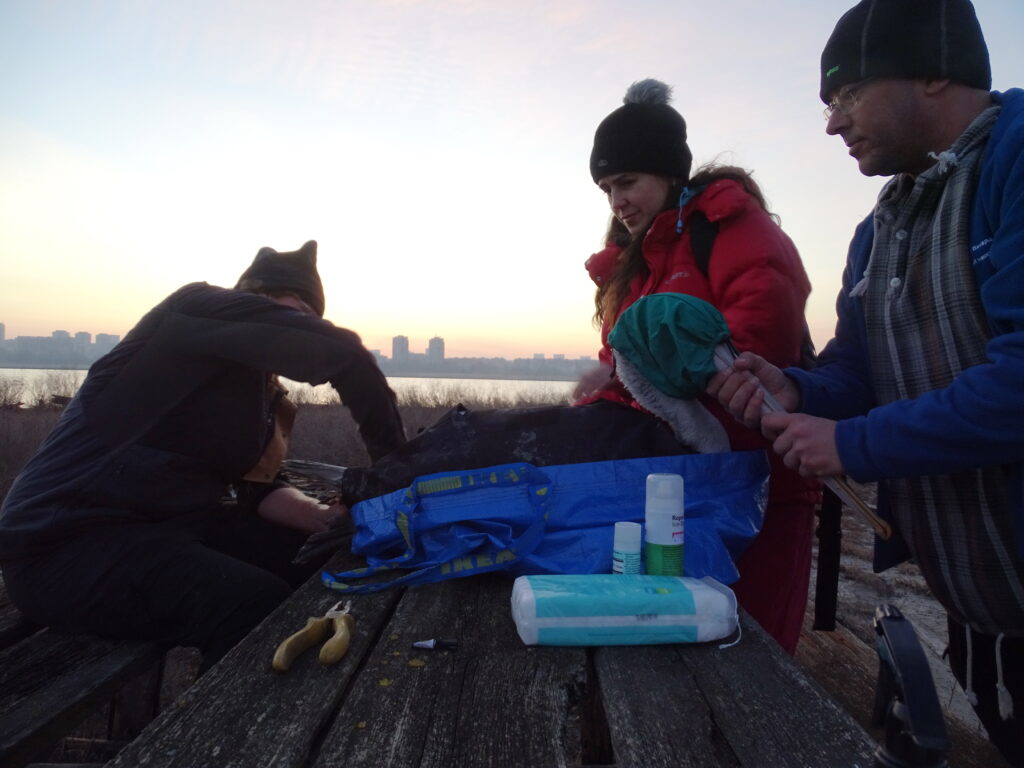
For nearly 10 months Maria gave the team invaluable data about the movement of this magnificent species, as well as the data about the new wetlands, which will be further examined by the experts to assess their significance and importance for the conservation of the Dalmatian pelican in this part of Europe. During these months she visited 5 countries (Bulgaria, Romania, Turkey, Greece, and North Macedonia) and flew over 4676 km. The longest distance she flew for a day was 285 km, and the highest point on its route was 1987 m above sea level. The wetlands in which she stayed for the longest period are in Turkey (Uluabat Lake, Dalyan Lake, the Flooded forests of Karacabey and Kush Lake), Bulgaria (Atanasovsko Lake, Studen Kladenets dam and Rozov Kladenets dam), and Greece (Kerkini Lake and Lake Petron). In three days the pelican managed to visit Varna Lake, Danube Delta, and Peschina Marsh, located on Persin Island.
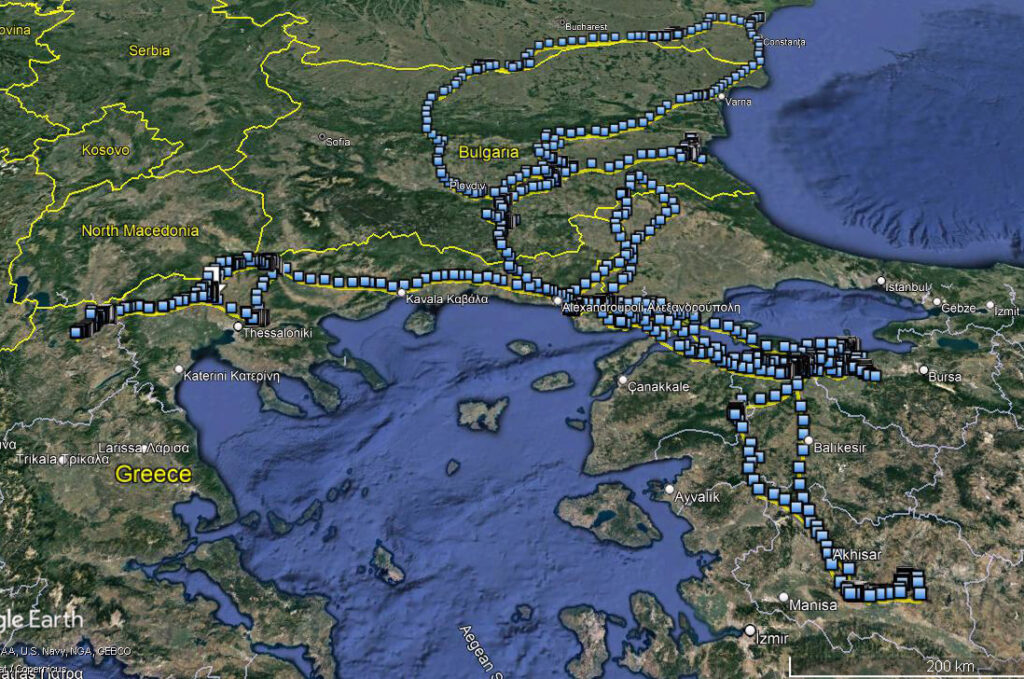
During the last three weeks before the death, Maria spent the nights in the Kastoria Lake and visited the Amatovo Lake every day to feed and rest, possibly with other pelicans. Unfortunately, on the 10th of December, she flew away in the late afternoon and collided with the overhead powerlines near the pumping station in the region.
Sometimes during the flight, the birds can collide with the powerlines, that are hardly visible, especially under bad weather conditions. Another reason for collisions of birds with overhead powerlines is the fact that often they don’t look ahead, but search for food on the ground or for potential threats. The risk of collision of birds with overhead powerlines is particularly significant near places with a concentration of large numbers of individuals, such as lakes, rivers, and the seaside, where there are many flocks of waterbirds. Migratory routes of the birds have also high risk and high mortality rates, especially since lots of species fly during the night when the powerlines are invisible to them. Heavy and clumsy birds such as pelicans are their most often victims.
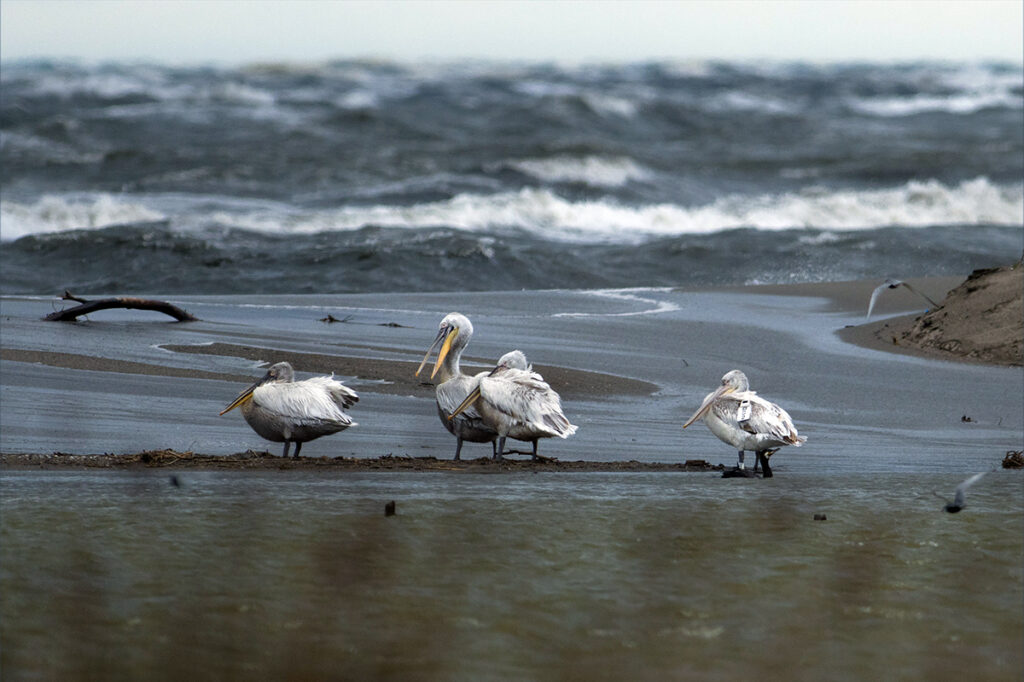
One of the most effective methods for safeguarding the overhead powerlines is the installation of bird diverters. Diverters are specially designed highlighting markers, which are put on the overhead powerlines at preset intervals. They have bright colors, shine and move on the wind and attract the birds’ attentions to the powerlines, making them more visible. These powerlines contribute to the prevention of collisions and decrease of mortality.
That is why one of the key activities on the Pelican Way Of LIFE project is the installation of diverters in the segments with the highest risk from the electricity grids in Bulgaria, Romania, and Greece. The data gathered by Maria’s transmitter will help the experts to identify such segments.
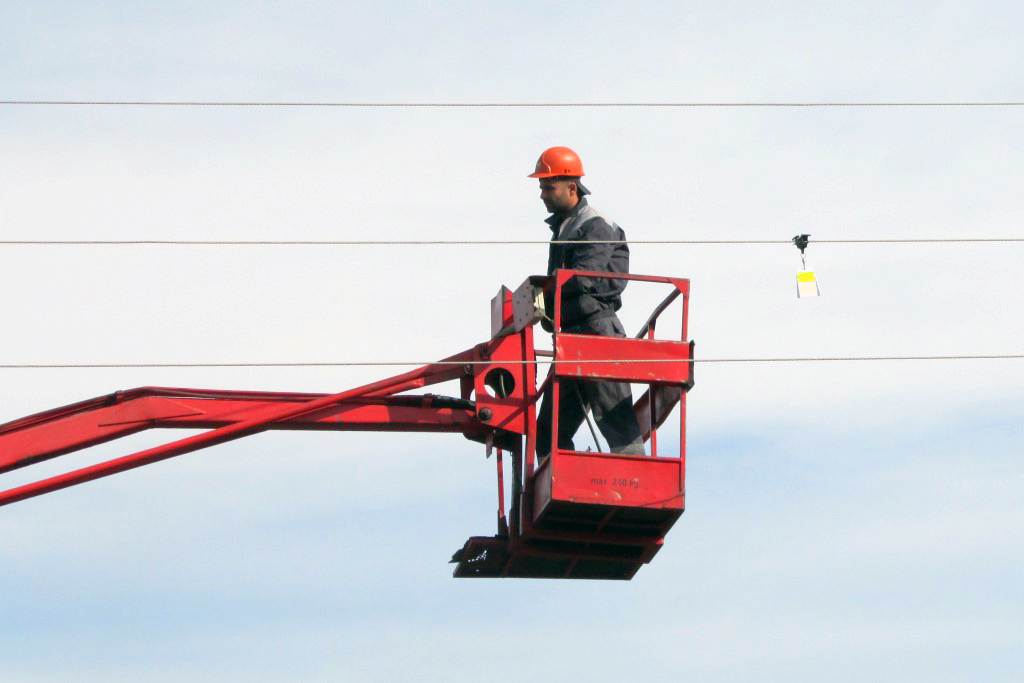
These activities are carried out within the international project “Conservation of the Dalmatian pelican along the Black-Sea Mediterranean Flyway” (LIFE18/NAT/NL/000716) funded by the LIFE Programme of the European Union. The project is coordinated by Rewilding Europe, and its partners besides BSPB are the Directorate of the Natural park Persina, Romanian Ornithological Society, Hellenic Ornithological Society, Rewilding Ukraine, and Rewilding Danube delta.